Boat Safety Checklist
Are you ready to enjoy a great day out on the water? First, make sure your boat is safe and in good conditions before departure. Proper boating safety means being prepared for any possibility on the water.
Following a Boat Safety Checklist before departure is the best way to have an enjoyable and safe day on the water.
- Weather Forecast
Always check your local marine forecast before departure and plan accordingly. Have a radio on board to receive weather updates while you’re out and keep an eye on the clouds for developing weather. - Float Plan
File a float plan with someone you know. Tell them where you are going and when you intent to return. A float plan should include the following information: name, address and phone number of trip leader; name and number of all passengers, boat type, registration information and trip itinerary. - Life Jackets
Make sure your family and friends stay safe by assigning and fitting each person onboard with a life jacket prior to departure. - Safety Equipment
Identify the location and the operation the following Coast Guard required safety equipment including life jackets, lifesling or throwable flotation, horn or sound producing devices, fire extinguishers, fares and visual distress signals.
- Protective Gear and Clothing
Wear waterproof clothing, not just water-repellent in case you get caught in bad weather. Take a good pair of sunglasses to protect your eyes against the sun’s glare. Always take sunscreen lotion to keep the sun’s ultraviolet (UV) rays from reaching your skin, or you can wear long pants and long sleeves to provide better protection. - Designate an Assistant Skipper
Make sure more than one person on board is familiar with all aspects of your boat's handling, operations, features and safety. If the primary navigator is incapacitated in any way, it's important to make sure someone else can follow the proper boating rules to ensure a safe trip back. - Take a Boating Course
It’s always important to be educated, aware and prepared for every circumstance that might arise on the water. You can learn more about boating safety rules and safety equipment by taking an online course. - Consider a Free Vessel Safety Check
Take advantage of a free vessel safety check from the U.S. Coast Guard. They offer complimentary boat examinations to verify the presence and condition of certain safety equipment required by state and federal regulations. They'll provide a specialist to check out your boat and make helpful boating safety tips and recommendations.
KEEP LEARNING
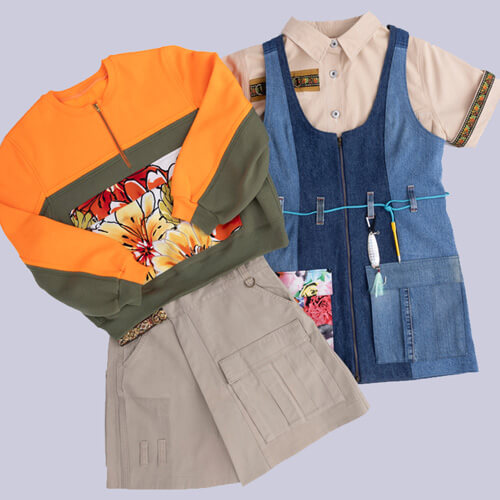
TakeMeFishing x Teen Vogue
Join us on a creative journey as fashion designer Ahmrii Johnson walks us through her collaborative vision and process with Teen Vogue and fashion brand, Rentrayage, to create a special piece.
LEARN MORE
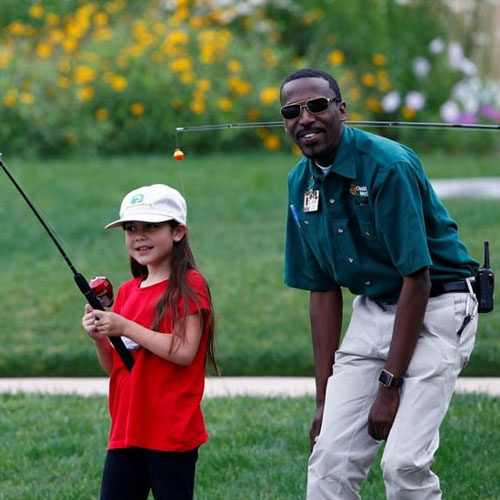
First Catch Center Trailer Gallery
FCC Trailer Photo Gallery
LEARN MORE
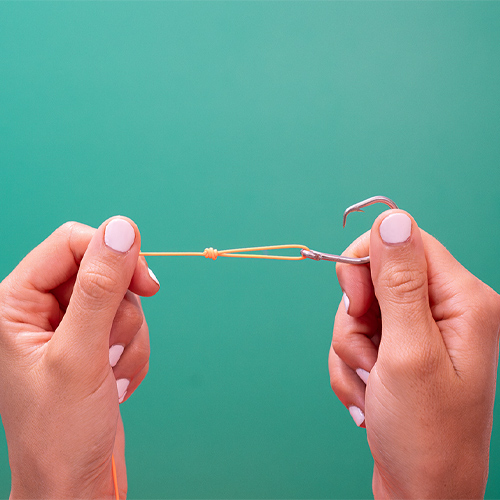
How to Tie a Duncan Knot
Learn to tie a Duncan knot by following these five simple steps. Watch our new video.
LEARN MORE

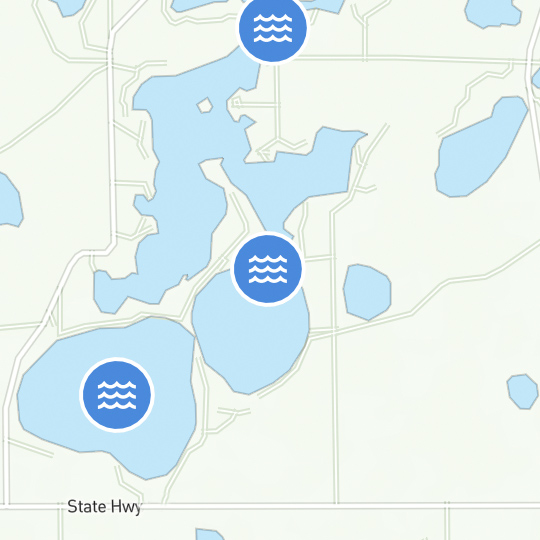
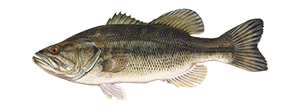.png?lang=en-US&ext=.png)